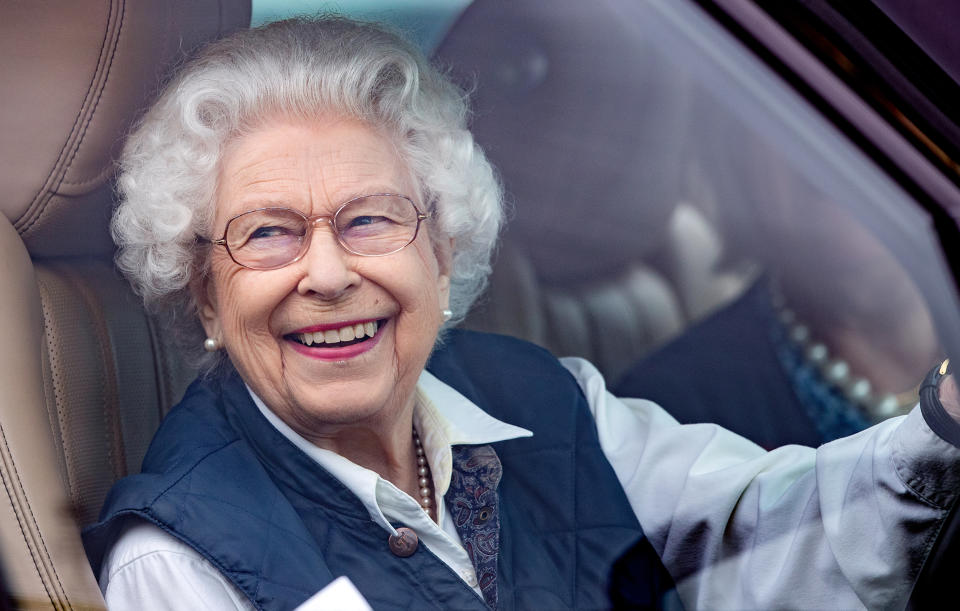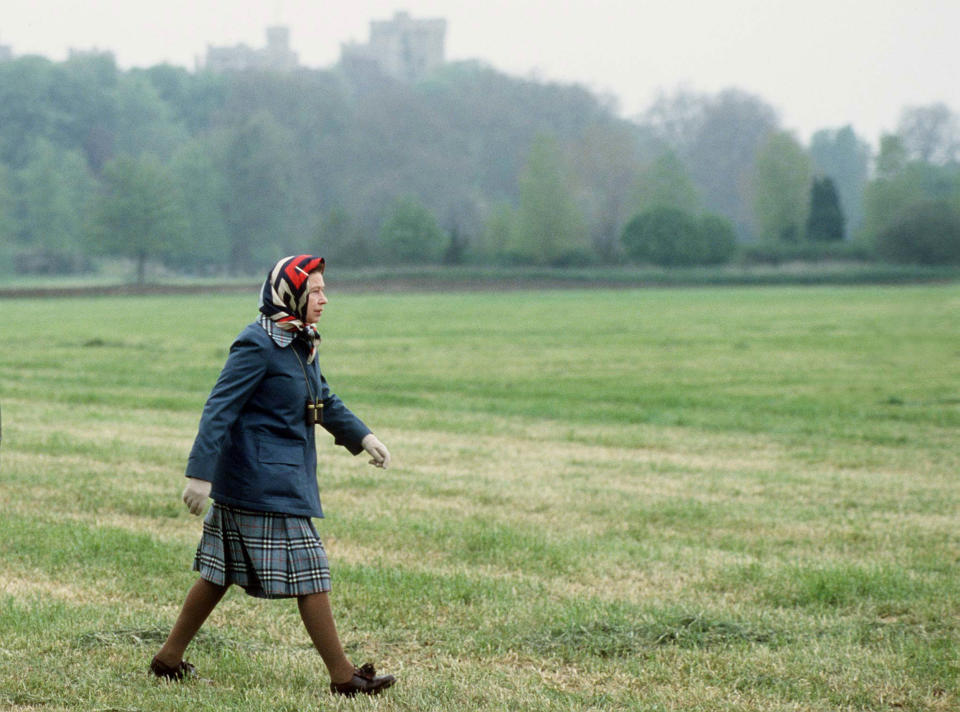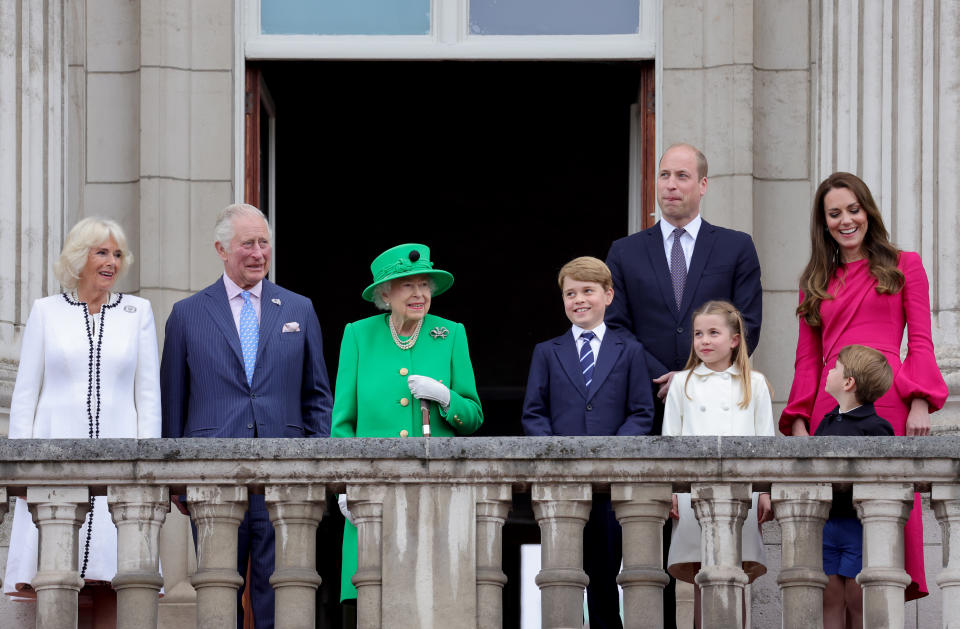Queen Elizabeth: Her Age Defying Longevity Habits For A Long Life
Up until last year, Britain’s Queen Elizabeth was the picture of healthy longevity — she not only enjoyed an extremely long and active life, but made it to 96 without being afflicted by cancer, dementia or other health issues that can come with aging.
“Queen Elizabeth was a life well lived,” King Charles III said in an address to the nation after his mother’s death on Sept. 8.
Decades of privilege obviously helped — the queen had servants and personal chefs to tend to her every need; access to the best health care and beautiful residences to relax in when she needed.

Genes also played a role: The queen’s mother lived to be 101, though her father died at 56.
But genes are only part of the picture, said Andrew Steele, a British scientist and author of the book “Ageless: The New Science of Getting Older Without Getting Old.”
“For most of us, how long we live is probably less than 20% down to our genetics — meaning the other 80% is down to lifestyle and luck,” Steele told TODAY.
“Luck we obviously can’t do much about, but there’s a lot of lifestyle advice that can add years to our lives, and Queen Elizabeth’s habits probably contributed to her record-breaking stint on the throne.”
Here are some of the late monarch’s healthy longevity habits:
Regular exercise
The queen walked with her dogs, rode horses, hiked around the grounds of her estates and otherwise stayed active throughout her life and into her old age.
“Probably the single best thing most of us can do for our health is regular exercise. Lots of studies show that older people who are more active live longer and healthier,” Steele said.
“We could all follow the queen’s example, as she was known to regularly walk her corgis until her final year.”
He pointed to a recent study that found walking 10,000 steps a day could cut the risk of dementia in half.

A sense of purpose in life
Queen Elizabeth’s life was centered around duty and service to her nation. She was still performing official engagements well into her 90s, “which may well have contributed to her lifespan,” Steele said, “but it’s harder to quantify these things precisely.”

A growing body of research suggests having a strong sense of purpose in life improves physical and mental health and enhances overall quality of life, the authors of a study published in 2019 in JAMA wrote.
When they followed 7,000 adults, they found those who scored higher on a questionnaire designed to measure purpose in life were less likely to die during the study period. Volunteering was one way people could improve their purpose in life, the study noted.
Meaningful work
This is related to the above habit. The queen never retired, but kept working into her old age. She “loved her job,” author Tina Brown wrote in The New York Times.
So much so that just two days before her death, the monarch met with and appointed Liz Truss as Britain’s new prime minister, beaming in photos even as she looked frail and infirm.
The “never retire” sentiment was echoed by Dr. Howard Tucker, the world’s oldest practicing doctor who turned 100 this summer.
“I look upon retirement as the enemy of longevity,” the Cleveland neurologist told TODAY. “I think that to retire, one can face potential shriveling up and ending in a nursing home.”
Residents of Okinawa, Japan — one of the world’s “Blue Zones” where people live extraordinarily long lives — don’t have a word for retirement. Rather, they use “ikigai” — which translates as “the reason you get out of bed in the morning.” Work often satisfies that for us, experts told TODAY.
Animal companions
The queen famously loved her corgis, her furry four-legged canine companions. She owned dozens of dogs during her lifetime and four survived her. The monarch also adored horses.
Interacting with animals can decrease levels of cortisol, a stress-related hormone, and lower blood pressure, the National Institutes of Health noted. Studies have also found animals can reduce loneliness, increase feelings of social support and boost mood, the agency added.
Time spent in nature
The queen loved Balmoral, the 50,000-acre country estate in in the Scottish Highlands, where she spent most summers and died on Sept. 8. The woods, streams, rolling hills and valleys allowed her to hike, ride horses and picnic with her family.
Spending at least two hours a week outdoors in a natural setting is linked with good health and well-being, according to a study published in 2019.
Living near “higher levels of greenness” was linked with lower rates of premature death from all causes, suggesting green vegetation has a protective effect, another study found.
Turning to “forest bathing” — a type of therapy that involves walking through the woods, using your senses to connect with nature and staying in the present moment — can help relieve stress and boost mental health.
Strong social connections
Queen Elizabeth was married to Prince Philip for 73 years. She maintained a close relationship with her four children and their families. Her daily life included meetings with advisers, politicians, visiting dignitaries, cultural icons and ordinary citizens.
Her days were filled with people and social interactions until her death. That’s important because loneliness is a risk factor for all-cause mortality, a review of studies warned. Chronic loneliness has an impact on human biology, U.S. Surgeon General Vivek Murthy told MSNBC.
“It puts us in a chronic stress state, which increases inflammation in our bodies, and elevates our risk of cardiovascular disease and other illnesses,” he said.
But being connected and having strong social relationships decreases the risk of premature death, a meta-analysis found.

Tea, dark chocolate and alcohol in moderation
Queen Elizabeth always started her morning with a cup of Earl Grey tea and also had a daily afternoon tea.
Tea, especially green tea, is a rich source of flavonoids, bioactive compounds that can lessen oxidative stress, relieve inflammation and provide other health benefits, researchers noted.
Regular tea drinkers were less likely to develop atherosclerotic cardiovascular disease or die prematurely from any cause compared to others, they found.
The queen also loved dark chocolate, one of her former chefs said. The not-too-sweet treat is rich in powerful antioxidants that can help reduce inflammation and support heart health.
The late monarch's routine also included alcohol — she enjoyed a Dubonnet cocktail every night for around a half-century, British historian Andrew Roberts told TODAY. Last fall, doctors advised her to give up that part of her evening.
Though there are plenty of studies about the harmful effects of alcohol on health, modest drinking has also been associated with longevity, researchers have found.
A final note about genes:
The influence of genetics does become more important when it comes to lifespans into the 90s and particularly the 100s, Steele said. So the queen's son seems to be in a good position.
"King Charles, whose mother made it to 96 and father died last year at 99, may be looking forward to a decent reign in spite of only having started at 73," Steele noted.
This article was originally published on TODAY.com

